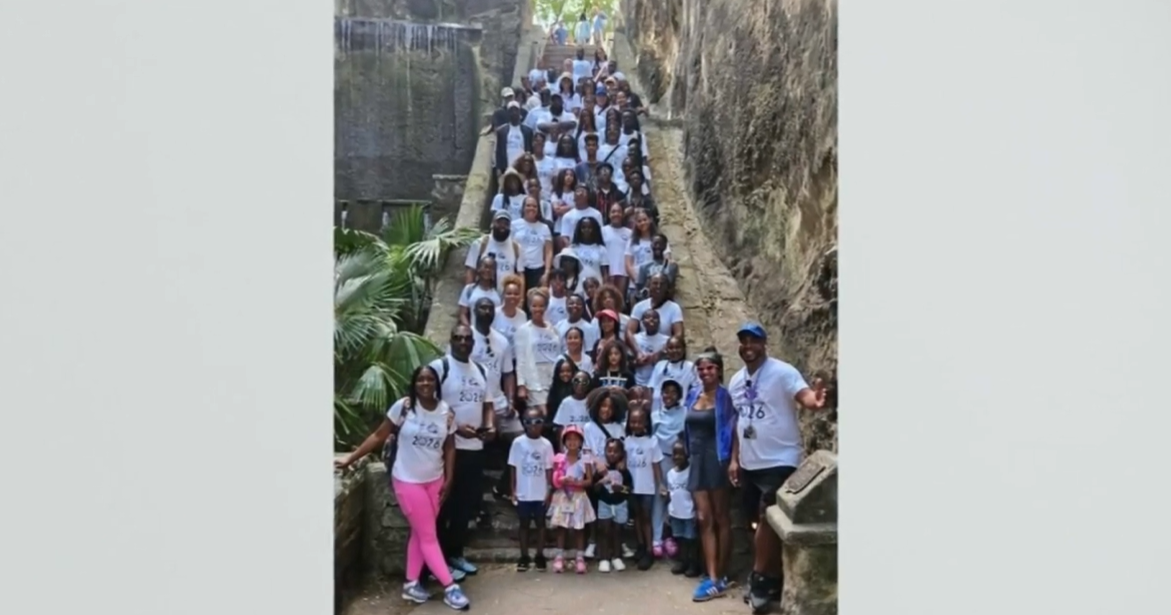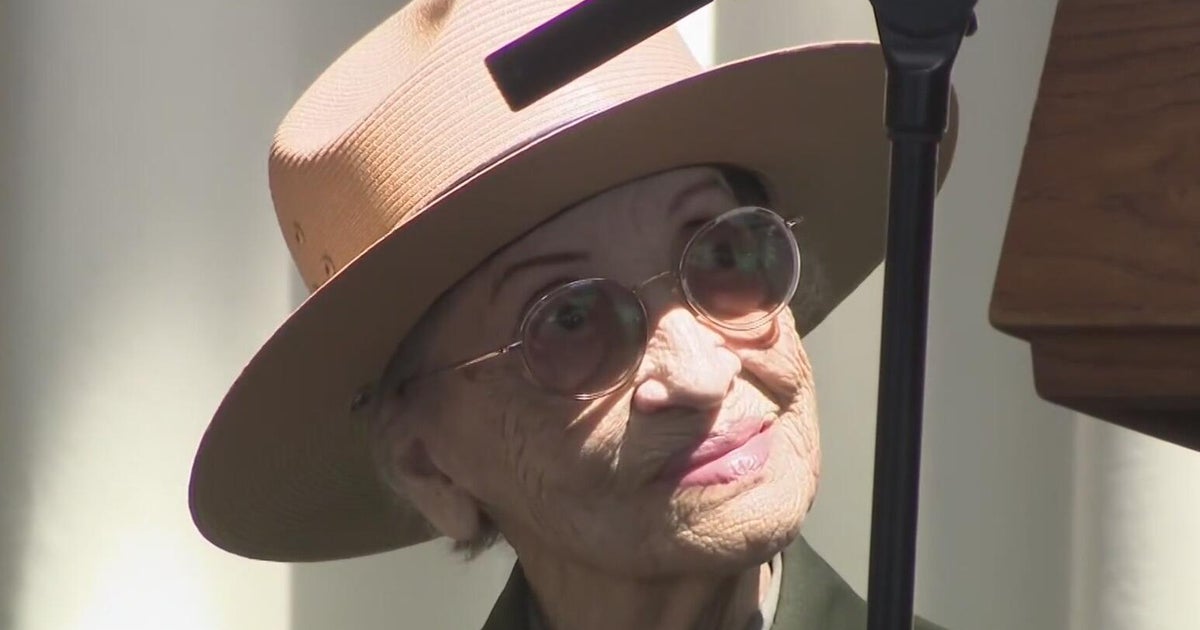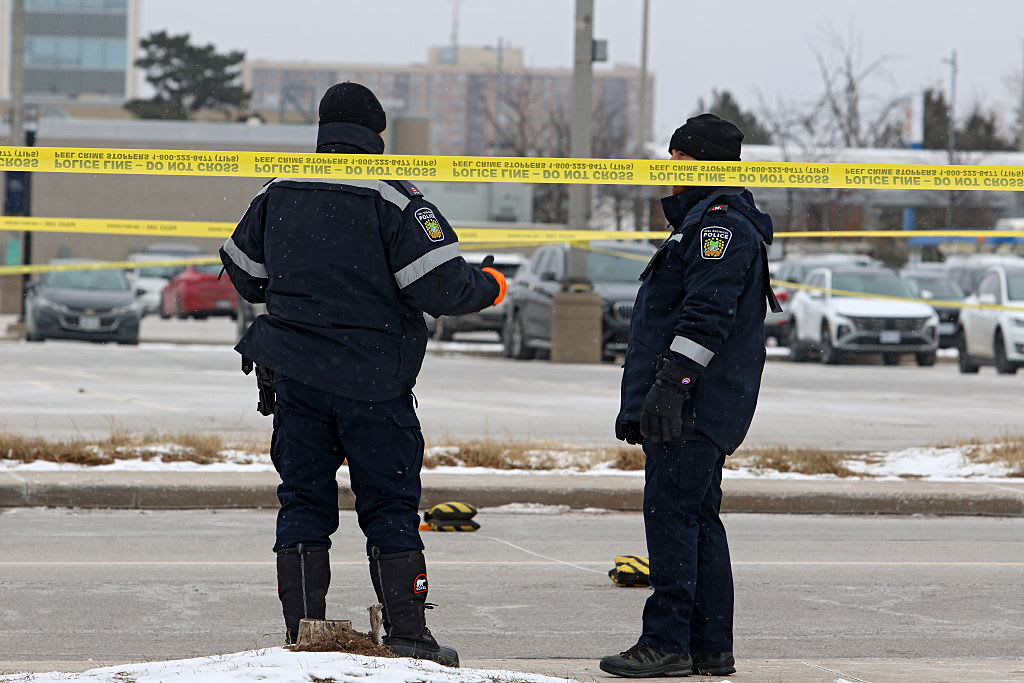African Americans' ancestral roots honored as Kwanzaa begins
MIAMI - Tuesday is the first day of Kwanzaa, a seven-day celebration of African culture that is observed from December 26th to January 1st. The name comes from the Swahili phrase "matunda ya kwanza," which means "first fruits."
Unlike many other winter holidays, Kwanzaa isn't tied to any single religion. It is meant to include people of all religions, so if you observe Christmas or Hanukkah you can also celebrate Kwanzaa.
Created in 1966 by Maulana Karenga, a Black nationalist and professor of Pan-African studies at California State University at Long Beach, Kwanzaa became popular in the 1980s and 1990s. It is shaped by traditions and values from all around the continent of Africa.
The holiday is defined by Nguzo Saba, or the seven principles. Each day of the festival is dedicated to a specific principle, marked by lighting a new candle on the kinara, a seven-branched candelabra.
Here's a look at what those principles are, and what they mean.
Umoja
Umoja means unity in Swahili.
Karenga defines this on his Kwanzaa website as: "To strive for and maintain unity in the family, community, nation, and race."
Kujichagulia
Or self-determination. This principle refers to defining, naming, creating, and speaking for oneself.
Ujima
Translated as "collective work and responsibility," ujima refers to uplifting your community.
"To build and maintain our community together and make our brother's and sister's problems our problems and to solve them together," Karenga writes.
Ujamaa
Cooperative economics. Similar to ujima, this principle refers to uplifting your community economically. "To build and maintain our own stores, shops, and other businesses and to profit from them together," he writes.
Nia
Nia means purpose.
Karenga expands on this principle with, "To make our collective vocation the building and developing of our community in order to restore our people to their traditional greatness."
Kuumba
Meaning "creativity," Karenga defines this principle as "To do always as much as we can, in the way we can, in order to leave our community more beautiful and beneficial than we inherited it."
Imani
The final principle translates to "faith."
Karenga defines this as faith in community, writing, "To believe with all our heart in our people, our parents, our teachers, our leaders and the righteousness and victory of our struggle."



